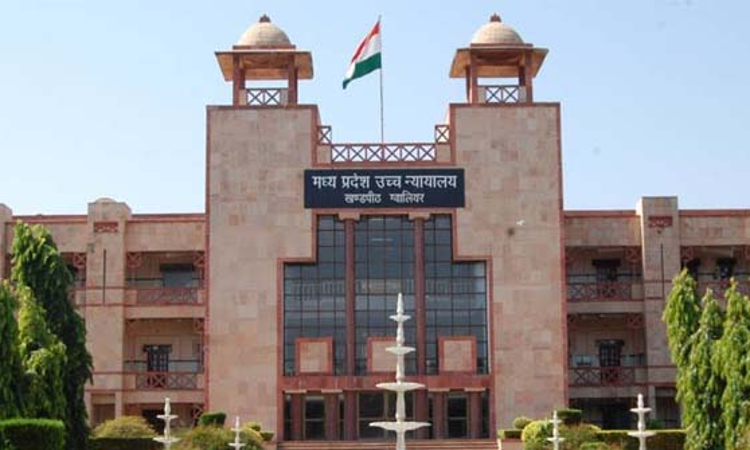Madhya Pradesh High Court Issues Directions For Registration Of FIRs In Respect Of Economic Offences
Akshita Saxena
13 Jan 2021 4:39 PM IST

Next Story
13 Jan 2021 4:39 PM IST
The Madhya Pradesh High Court recently issued directions to the Police authorities in the State, to make sure that the complaints/ first information reports filed in respect of economic offences are disposed of properly. A Single Bench of Justice Vishal Dhagat observed that a Number of petitions are filed before High Court as Police does not take any decision on a complaint made by...
